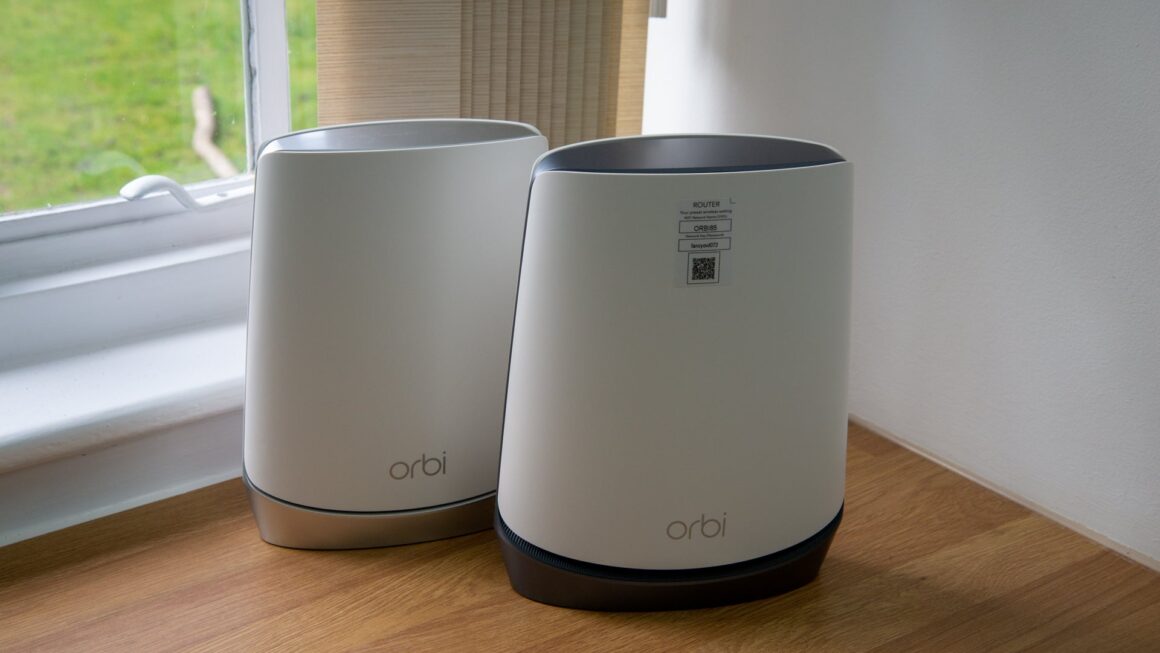Today, we’re tackling a question I get a lot from readers and listeners: “Is the government spying on me?”
Obviously, if you’re on the no-fly list or get a letter from the FBI saying you’re under investigation, yes, there’s probably a folder somewhere with your name on it. But other than that, I can’t tell you if the U.S. government is tracking you specifically.
But I can tell you the government has access to a bunch of data about its citizens — you and me included.
Uncle Sam knows what you’re up to
If you’re doing, well, anything online, the government can know about it (unless you’ve locked down your activity — more on that below). Here are a few things we know they know.
▶️ Who you’re calling, emailing and texting — and what you’re saying
After 9/11, Congress enabled warrantless monitoring of foreign communications. That’s one thing, but then we learned the National Security Agency (NSA) was using a loophole to conduct mass surveillance of Americans’ communications.
So, uh, how do they get it? Some of the info is copied directly from fiberoptic cables (crazy, right?), and some is requested from companies like Google, Yahoo and Facebook. Oh, and with a “secret” program called XKeyscore, NSA analysts have access to internet activity in real time.
▶️ What you’re posting and who you’re following online
Facebook, X, Instagram and all the rest are goldmines of personal data. The government also monitors social media activity, so you can bet your posts and profile info are on their radar if they’re both set to public. If you’re set to display info to friends only, though, the government can simply ask the companies for access. Remember, friend: What you post on social media is out there forever.
▶️ What you’re doing on the internet: Buying, browsing and in-app activity
Data brokers buy metadata (aka little bits of info) from your internet service provider, Big Tech companies, app makers and even manufacturers of smart appliances. Then, they package this data and sell it to advertisers. Who’s also buying this commercially available information? The U.S. government.
By the way, we’re not just talking about the type of car you drive, your favorite apps and your buying history on Amazon. The information they’re purchasing about you is incredibly detailed and paints a shockingly accurate picture of who you are.
Block prying spies 👀
So how do you keep your data out of the government’s hands? The same way you keep it away from hackers — lock it up. Here’s how:
- Go to the source: Data brokers must remove your info if you ask or go through their online processes to do it. Warning: It’s a major pain to do this all by yourself. I used Incogni,* and now, 151 different data brokers and people-search sites have forgotten all about Kim Komando.
- VPN-visible browsing: A virtual private network encrypts your online activity so no one can see what you’re doing. This includes your internet service provider. My pick is ExpressVPN.*
- Encrypt it real good: End-to-end encryption ensures only you and your recipient can see your messages. Enabling it scrambles your texts, emails — whatever — into unreadable nonsense as they pass through your provider’s servers.
- Privacy, please: Your phone, browsers and apps can toggle off most tracking. Start with my 30-second privacy check for Google and Facebook.
It’s my mission to help protect you from anyone getting your data — hackers, advertisers and even the government. Use the sharing buttons below to send this email to someone who may not know how much they’re putting out there. Let’s protect ourselves together.
🍻 What’s a federal agent’s favorite beer? A spy-craft brew. (I know, and I’m sorry.)



